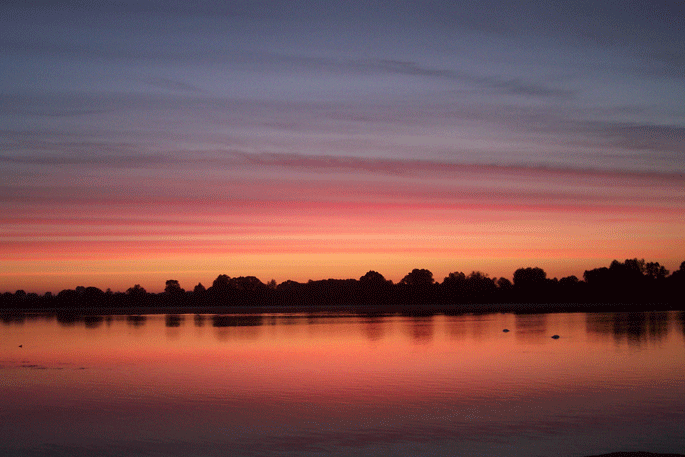The Three Waters Reform, or Affordable Waters as it was rebranded to back in April, has been a hot topic in New Zealand since its introduction.
The final two pieces of legislation setting up the government's Three Waters programme passed their third readings under urgency in Parliament ahead of the October general election.
The election was then supposed to help decide whether the system will remain or go.
Under National's plan, councils will retain the ownership of water assets under stronger government oversight, including requiring councils to put aside money for water infrastructure.
However, at the time this story was written, that was all up in the air as National had yet to meet with NZ First and ACT in order to form a new government.
But what does this all mean?
This is what will happen if this goes ahead without any changes.
Also known as "Affordable Water" after a rebrand in April, the suite of laws put management of drinking, waste and stormwater management systems in the hands of 10 purpose-built entities. They aim to repair and upgrade ageing assets and prepare for future challenges like climate change, while keeping the eye-watering sums required to do so manageable.
The Water Services Economic Efficiency and Consumer Protection Bill passed its committee and third reading stages earlier this year. It sets up an economic regulation regime overseen by the Commerce Commission acting as a watchdog over service quality and efficiency, and sets out mandatory information disclosures.
It passed 71 votes in favour and 46 opposed, with the support of the Green Party, but with opposition from National, ACT, and Te Pāti Māori.
The Water Services Legislation Bill also passed both stages under urgency, setting out the duties, functions and powers of the new entities - which are set to begin operation no later than 2026, some earlier.
The bill also sets up monitoring and enforcement mechanisms, and went through more than 300 changes after going before the select committee.
It passed 62 votes in favour and 57 opposed - with Labour the only party supporting it.
The two bills follow the passage of the Water Services Entities Amendment Act last week, which put in place changes proposed in April - including a shift from four massive entities to 10 smaller ones - at a cost to ratepayers.
The initial legislation setting up the transition of water services from councils - the Water Services Entities Act - was passed in December last year, while the Water Services Act back in October 2021 established drinking water quality regulator Taumata Arowai.
The bills' passage marks the completion of a government project that began after the Havelock North water crisis in August 2016, but attracted heavy criticism from councils over a wide range of concerns - not least that the government was forcing them all to take part.
National and ACT have both promised to repeal the entire suite of reforms - but keep the water regulator Taumata Arowai - if elected in October.
What is the water services programme?
Water services programme refers to the infrastructure and services that deliver our drinking water, wastewater and stormwater services.
Drinking water
Waters Services Programme will make the necessary changes to ensure the water we drink is safe and clean.
Safe and reliable drinking water is essential for the health of our people and our environment.
Taumata Arowai is New Zealand’s water services regulator and has been set up to strengthen our regulatory environment to ensure New Zealanders have access to safe drinking water that won’t make them sick.
Wastewater
Water Services Programme will change and improve the way we collect, process and release the water we use in things like toilets, showers, and sinks, as well as industry.
Network failures like burst pipes and sewage spills on our streets and beaches are signs that our wastewater system is in trouble.
We need to grow, maintain and upgrade wastewater networks to meet community expectations and environmental standards.
Stormwater
Water Services Programme will change and improve the way NZ deals with the water collected from rain through pipes, drains, and channels to prevent flooding and pollution of our drinking.
Stormwater networks are increasingly under pressure with severe weather events, climate change and population growth.
Why are these changes happening?
10 Water Services Entities will deliver New Zealand's drinking water, wastewater and stormwater services.
“After decades of underinvestment, our water systems are under pressure,” says a statement on the Water Services website.
“As a country, we’ve been talking about changing the system for some years – now is the time to act so that our water systems can meet new demands from a range of challenges, including aging infrastructure, population growth, climate change, and natural disasters.”
It’s estimated that between $120 billion and $185 billion is required to maintain and improve NZ’s water infrastructure over the next 30 years.
-Additional information from RNZ.



0 Comments
Leave a Comment